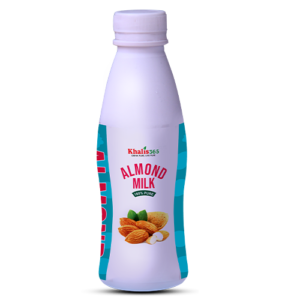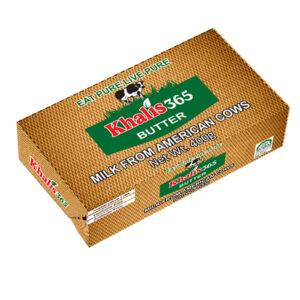₨140.00
CompareDescription
What is Pasteurized Process?
- The process was named after the French microbiologist, Louis Pasteur, whose research in the 1880s demonstrated that thermal processing would inactivate unwanted microorganisms in wine. Spoilage enzymes are also inactivated during pasteurization. Today, pasteurization is used widely in the dairy industry.
- Pasteurization or pasteurization is a process in which packaged and non-packaged foods (such as milk and fruit juice) are treated with mild heat, usually to less than 100 °C (212 °F), to eliminate pathogens and extend shelf life. The process is intended to destroy or deactivate organisms and enzymes that contribute to spoilage or risk of disease, including vegetative bacteria, but not bacterial spores. Since pasteurization is not sterilization, and does not kill spores, a second “double” pasteurization will extend the quality by killing spores that have germinated.
Who is at risk of getting sick?
- Anyone can get sick from pathogens that may be found in raw milk.
- Infants, children, pregnant women, seniors, and people with certain chronic diseases are more vulnerable to infection and have higher risk of getting sick from drinking raw milk. Infants and children are at greatest risk because they usually drink a lot of milk.
Additional information
| Select Color | Black, Blue, Red, White |
|---|---|
| Select Sizes | L, M, S, XS |







